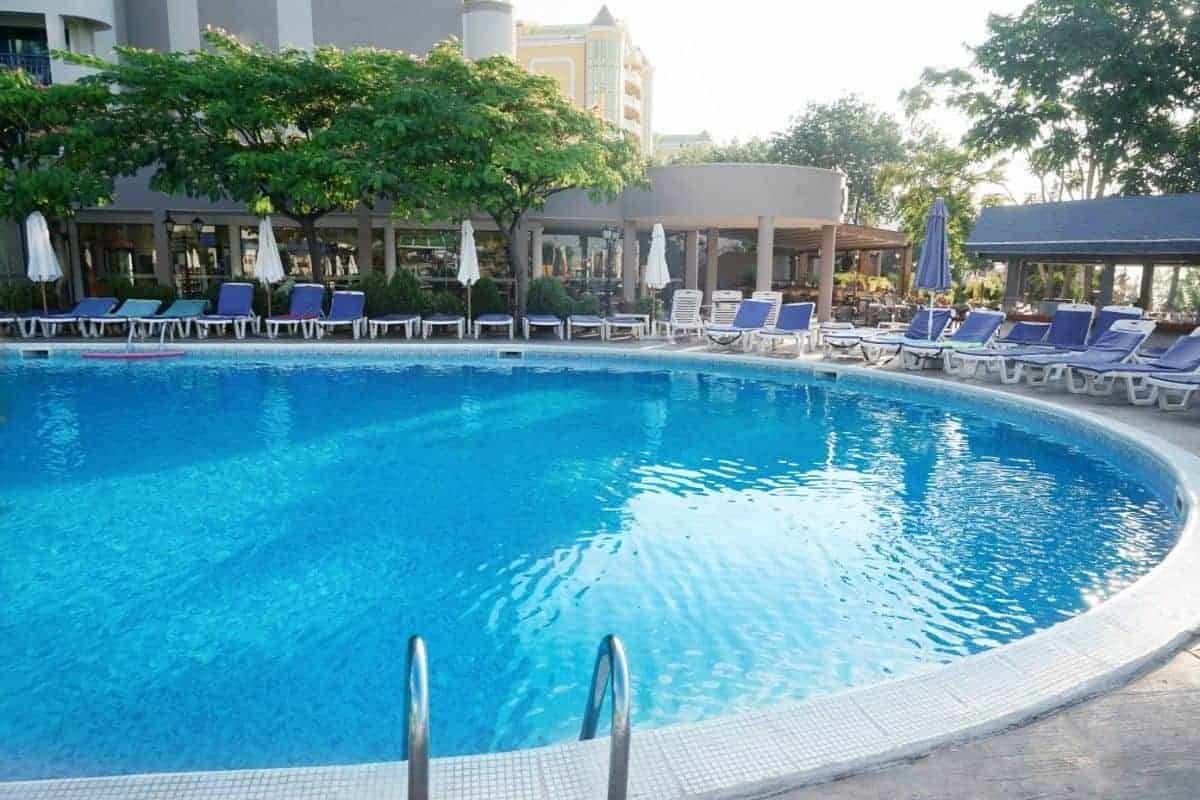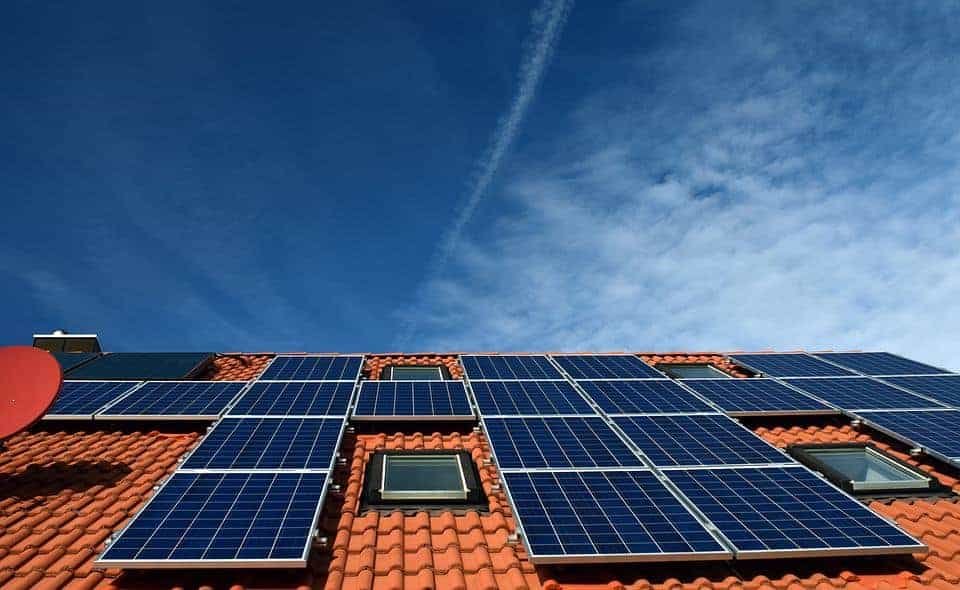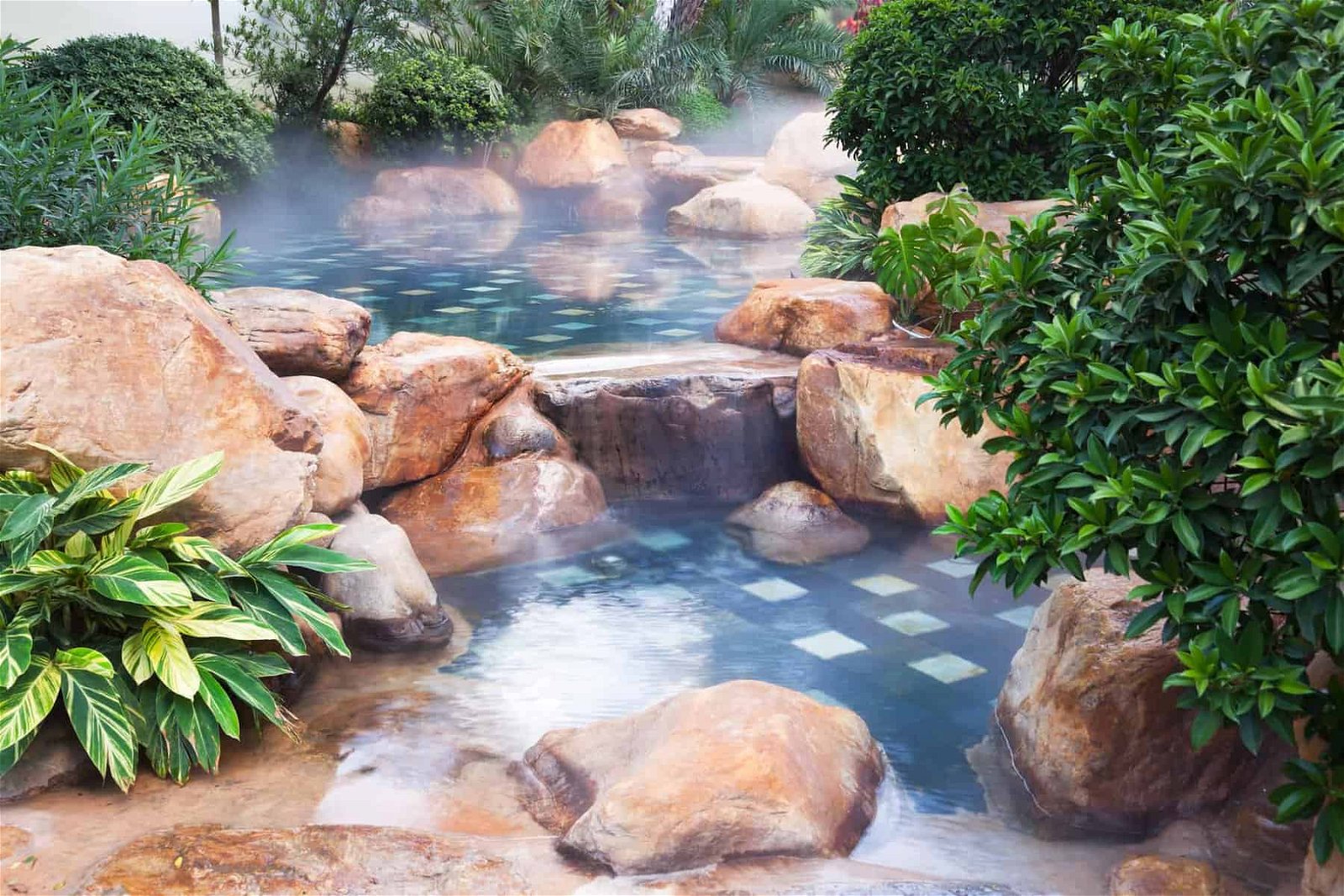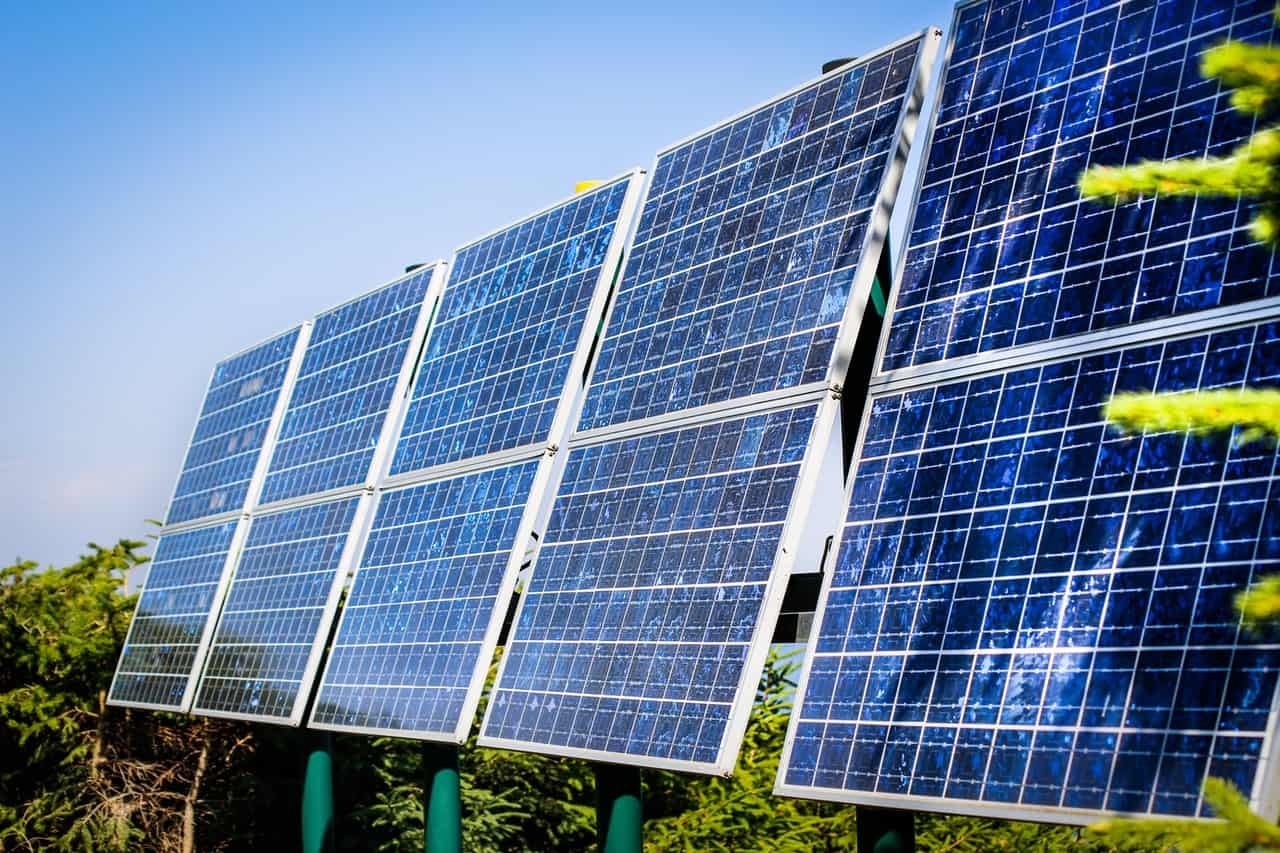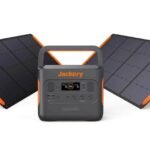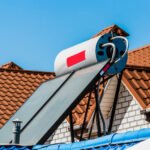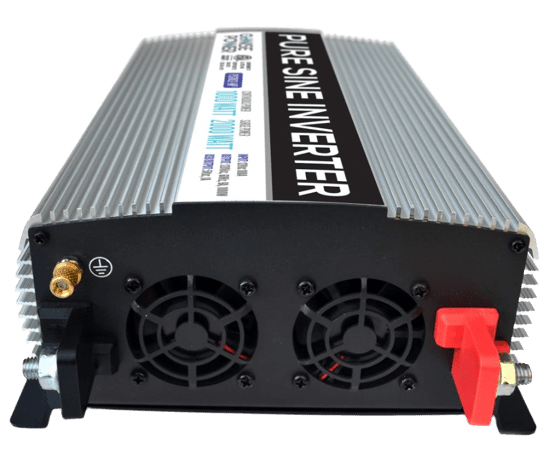It’s true that pool water evaporates. In fact, swimming pools evaporate about a quarter-inch of water per day. Evaporation is when a liquid turns into vapor. And, under proper conditions, this process can occur in practically any body of water, including swimming pools.
Pool water temperatures are often higher than surrounding temperatures, which speeds up evaporation. This may come as a surprise, but evaporation in heated pools is higher on cold nights than on warm nights.
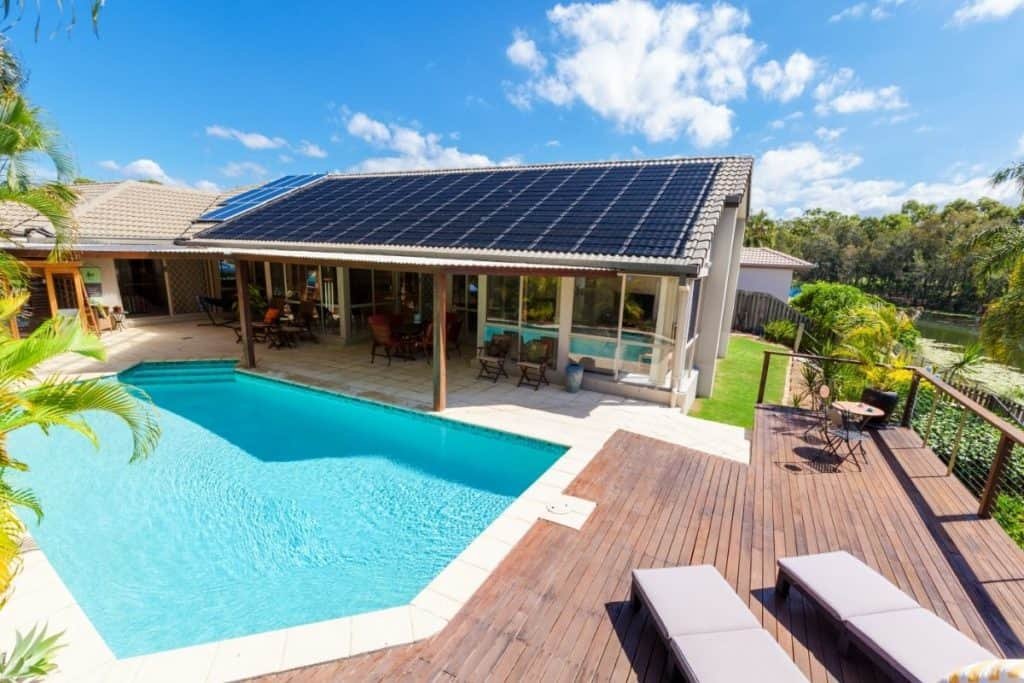
All your questions related to “Does pool water evaporate?” will be answered here. Keep reading!
What Causes Pool Water To Evaporate?
Like any other body of water, swimming pools are subject to various circumstances that influence the pace at which water evaporates.
1. Temperature
The severe heat during the summer months can considerably impact the volume of water that evaporates from your swimming pool. The greater the amount of time your pool is exposed to sunlight and wind, the greater the amount of evaporation it’ll experience.
Moreover, your water might evaporate even more rapidly if you live in a warm climate. Evaporation is much slower for pools in colder climates.
2. Humidity Levels
Unless you live in a dry climate with a lack of humidity, evaporation will be the primary source of water loss in your home–not just from your pool. Note that your pool’s water evaporates more slowly in humid air since the air can only store a limited amount of liquid vapor.
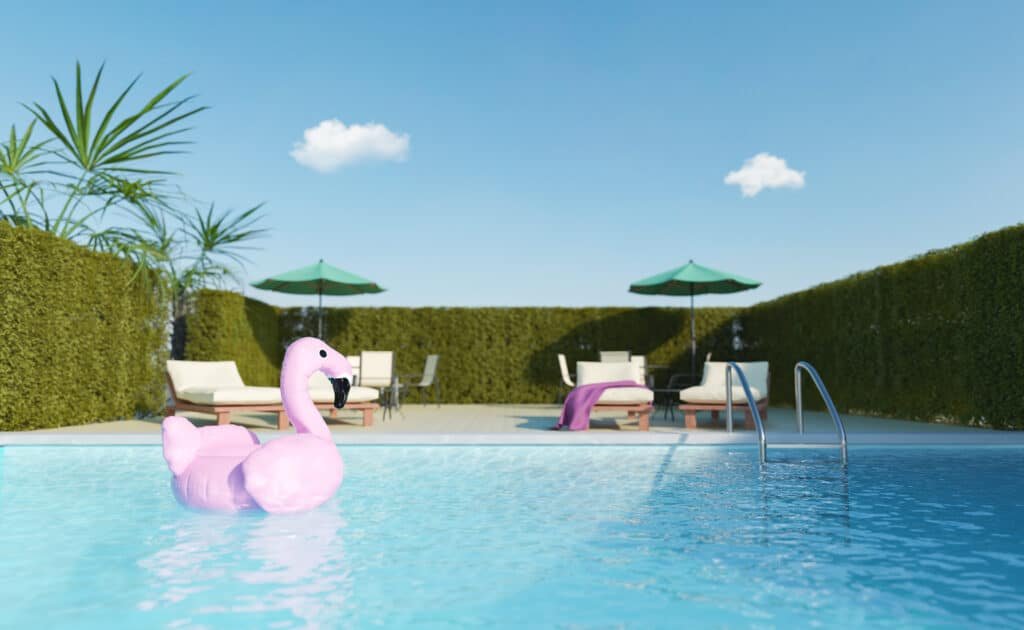
Let’s look at an example to understand the correlation between evaporation and humidity better. Consider a sponge in a water container. The dryer the sponge is, the greater the amount of water it’ll absorb.
Humidity is very similar. Low humidity means more room to accommodate evaporated water. This results in–you guessed it right–more evaporated water! Humidity is essential since it determines how much water will be lost.
3. Time Spent Under the Sun
Is your pool exposed to direct sunshine throughout the day, every day? A pool that’s entirely and always exposed loses more water to evaporation than a pool that’s not.
In addition to this, a huge pool (one with a large pool surface area) will also lose water quickly. The rule of thumb is that the more evenly distributed the water, the more quickly it’ll evaporate.
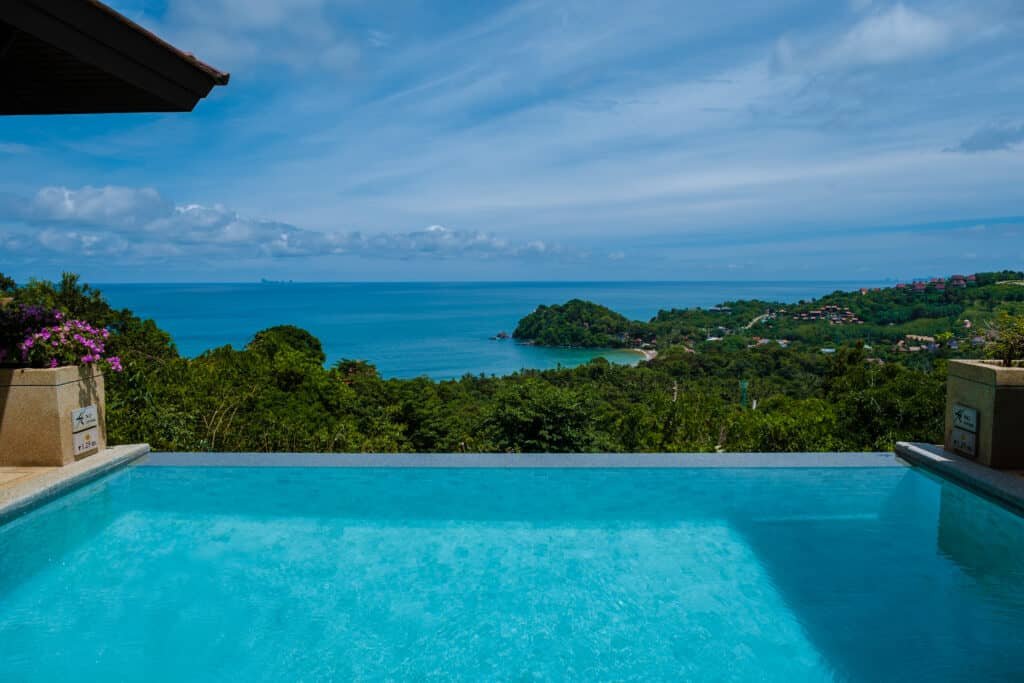
Having talked of evaporation, you should know that other problems, such as leakages, splash-outs from vigorous water play, and water-intensive “backwashes,” also contribute to pool water loss.
What Is the Pace at Which Pool Water Evaporates?
You can expect anywhere from 2 millimeters to 2 inches of water loss each week due to evaporation. Note that the exact loss will depend on the factors mentioned above, which are determined mainly by the climate you live in.
Your pool’s characteristics also have a significant bearing on how much water it’ll lose. Considering all the fluctuations in all the conditions, it’s common for an open swimming pool to shed approximately 5 mm of water every day.
The bucket test is the most reliable method for determining how much water your pool loses from evaporation.
How To Reduce the Evaporation of Your Pool’s Water?
Using a sun cover or one of the best solar pool rings, lowering the water temperature, and/or adding landscaping and windbreaks to your swimming pool are all inexpensive and straightforward solutions that’ll help you reduce water evaporation in your pool.
1. Solar Pool Covers
A solar cover is an excellent technique to protect your pool’s surface water from evaporation. A sun cover, when used regularly, can save up to 95 percent of the water that would’ve otherwise evaporated.
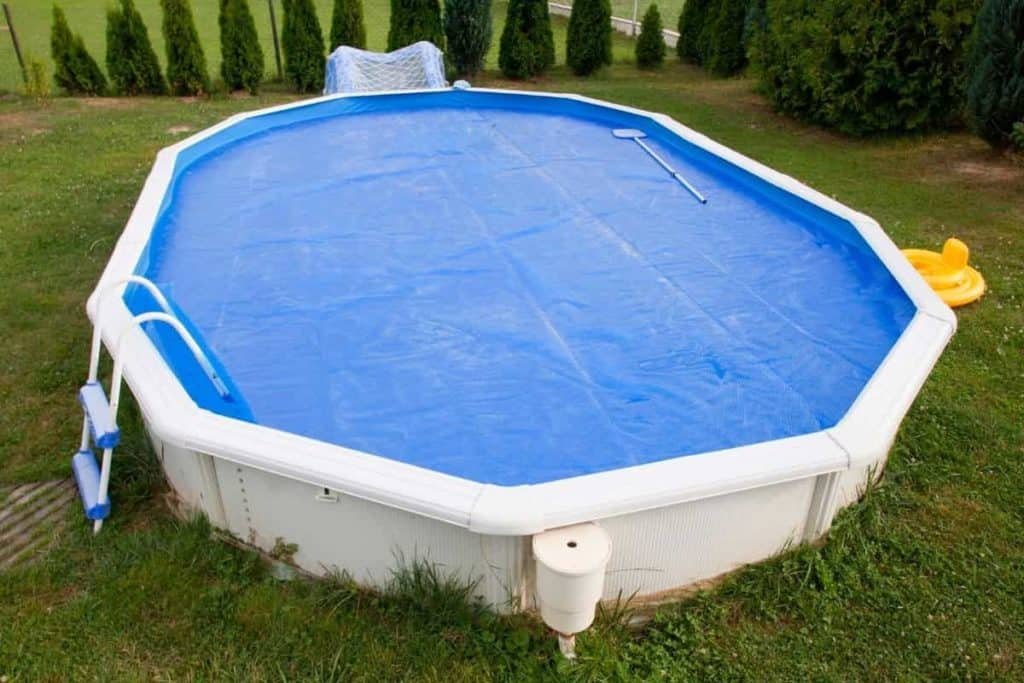
Solar pool covers prevent evaporation as it absorbs the sun’s heat and reduces the evaporation rate by acting as a molecular barrier. Rest assured the water won’t escape from your pool, since the cover can operate around the clock.
2. Reducing the Water Temperature Will Help
A practical and straightforward approach to limiting evaporation is to lower the pool’s temperature. Warm water molecules move rapidly, and thus they evaporate and float away more quickly than cold water.
Make your water a tad chilly by lowering the temperature a few degrees. This method will come in extremely handy in the sweltering summer months.
Also, regardless of the weather, it’s always a good idea to lower the pool‘s temperature if you aren’t going to use it in the near future–it saves electricity and money!
3. Improve the Landscape
Adding more landscaping such as trees, bushes, and other such elements will help obstruct the wind so that it doesn’t blow away the water from your pool’s surface. There are several ways to prevent evaporation, including using outdoor furniture and fences.
Such measures will enhance your garden’s aesthetic and, at the same time, reduce the amount of water that blows around your pool. Nets, tarps, screens, and vinyl are just a few of the many visually appealing options available for covering your barrier to create panels.
4. Incorporate a Few Windbreaks
A windbreak is a barrier constructed around your pool to reduce the wind speed and its ability to contact the water surface directly. A strategically positioned windbreak will not only reduce evaporation but will also prevent powerful gusts from forming waves and pushing some water out of your pool.
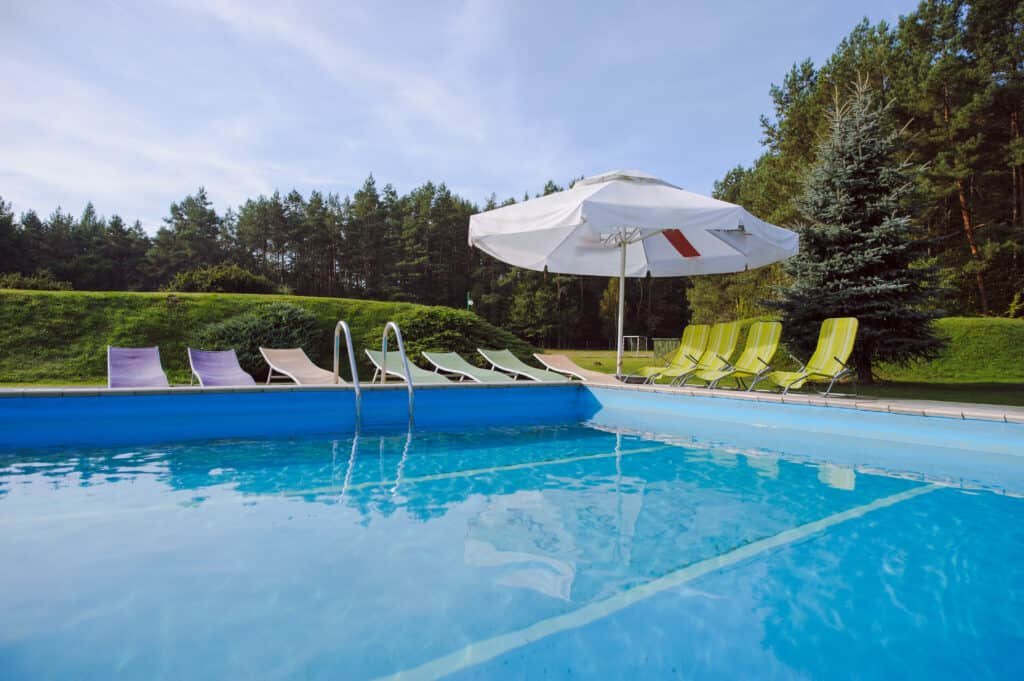
Remember, the objective is to keep more of the water in the pool, where it belongs, rather than in the surrounding areas, be it the deck or the atmosphere.
Final Words
Evaporation causes pools all over the world to lose thousands of gallons of water per year.
While a pool owner might feel like the odds are stacked against them in this fight with nature, and that the only thing they can do is continually refill their pool, we hope the above-mentioned methods have provided a beacon of hope and a practical approach to resolving a simple issue.
